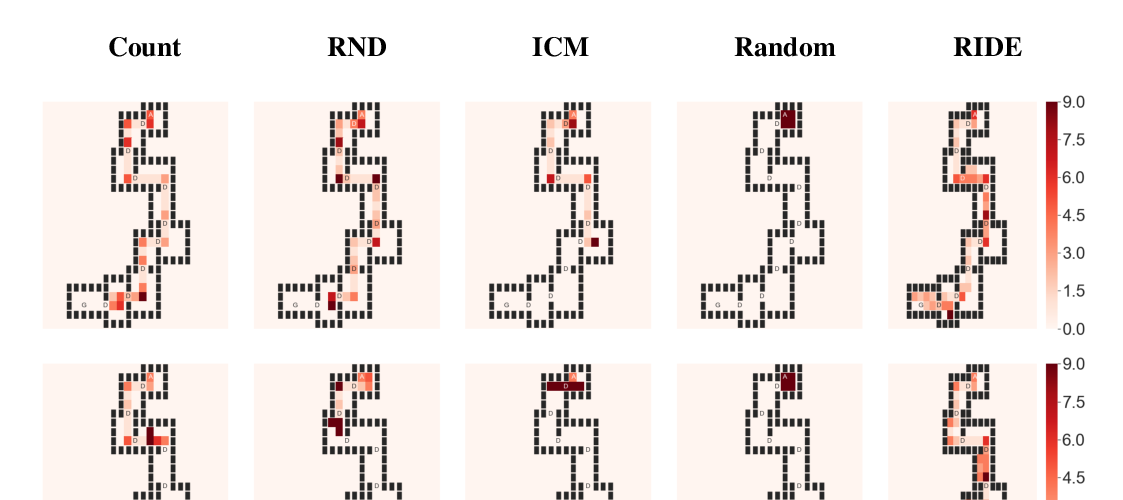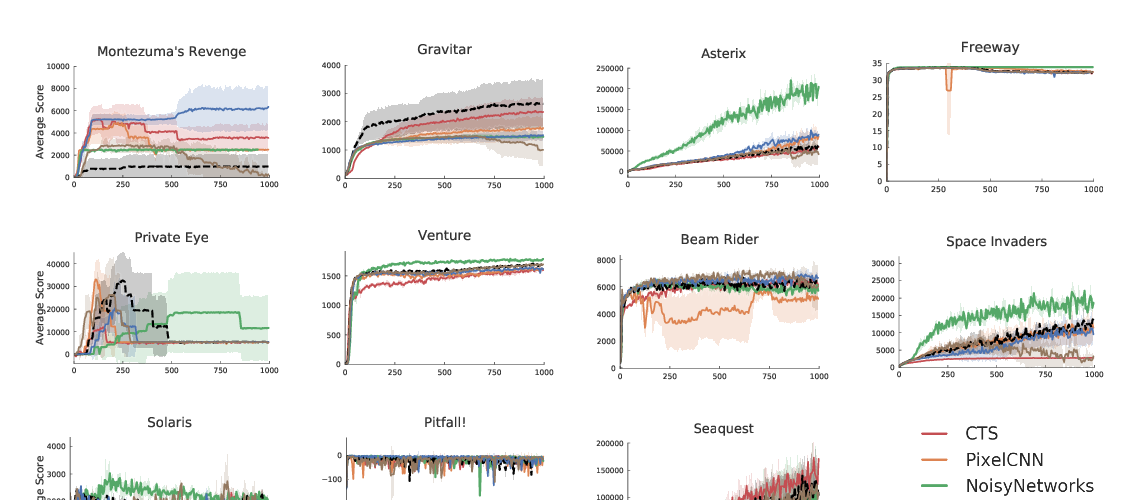Abstract:
Intrinsically motivated reinforcement learning aims to address the exploration challenge for sparse-reward tasks. However, the study of exploration methods in transition-dependent multi-agent settings is largely absent from the literature. We aim to take a step towards solving this problem. We present two exploration methods: exploration via information-theoretic influence (EITI) and exploration via decision-theoretic influence (EDTI), by exploiting the role of interaction in coordinated behaviors of agents. EITI uses mutual information to capture the interdependence between the transition dynamics of agents. EDTI uses a novel intrinsic reward, called Value of Interaction (VoI), to characterize and quantify the influence of one agent's behavior on expected returns of other agents. By optimizing EITI or EDTI objective as a regularizer, agents are encouraged to coordinate their exploration and learn policies to optimize the team performance. We show how to optimize these regularizers so that they can be easily integrated with policy gradient reinforcement learning. The resulting update rule draws a connection between coordinated exploration and intrinsic reward distribution. Finally, we empirically demonstrate the significant strength of our methods in a variety of multi-agent scenarios.


